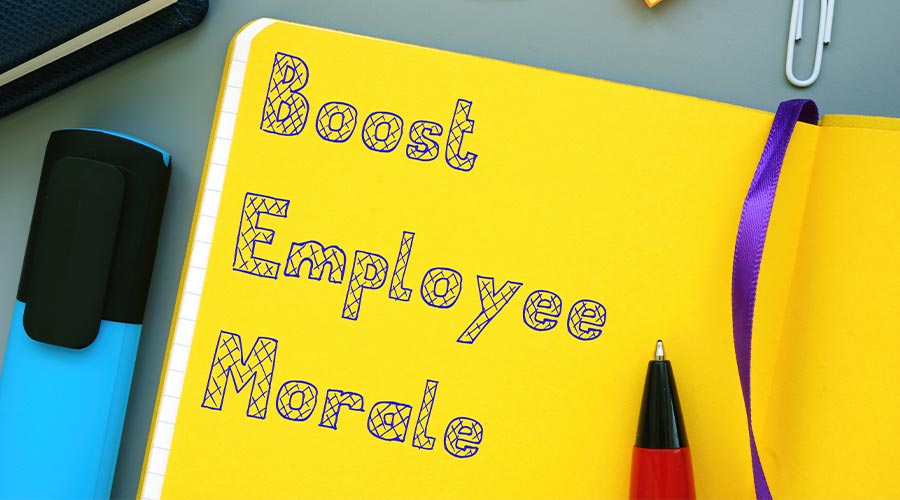
Contributed by The Ashkin Group
The Safe Workload Ergonomic Exposure Project Study, better known as the SWEEP study, was published in March 2021. It received only minimal attention when published. However, with June being National Safety Month, it is getting renewed interest.
The study focused on “mental workload” and its impact on custodial workers. Mental workload reflects “the number of mental resources required to perform a set of concurrent tasks,” according to Robert Hoedemaeker, now with RAND Research.
Sustained high mental workload typically causes mental fatigue, decreased performance, and can negatively impact workplace safety. Approximately 1,200 janitors, all Service Employees International Union Local 26 members in Minneapolis, were involved in the study.
Researchers reported that a high mental workload among the janitors:
• Increased occupational injuries.
• Negatively impacted job satisfaction and workplace safety.
• Affected physical fitness, likely due to injuries.
“I consider mental workload a social equity issue,” says industry sustainability expert Steve Ashkin. “Social equity is more than paying workers fairly and providing benefits and worker’s compensation. It’s also about protecting the health and safety of cleaning workers, physically and mentally.”
To help manage mental workload, Ashkin offers the following ten strategies for cleaning workers:
1. Prioritize Tasks: Identify the most essential cleaning tasks and break them down into smaller steps so they can be tackled one at a time.
2. Trust: If part of a team, trust that others will do their tasks properly and efficiently.
3. Set Boundaries: Establish boundaries between work and personal life. Downtime allows workers to recharge mentally.
4. Clear Vision: Start each day with a clear vision of what needs attention before beginning. This includes identifying any unforeseen issues (e.g., a spill that needs cleaning) and necessary PPE, ladders, electrical equipment, and cleaning supplies to ensure you have everything required to approach the day safely.
5. Do not overcommit: Overcommitting to do additional work can increase mental workload. Be honest with yourself before taking on extra work hours.
6. Physical Exercise: Consider starting each day with stretching and exercise, which helps reduce ergonomic injury stress and improves cognitive functions.
7. Sleep Well: Aim for 7 to 9 hours of sleep per night without thinking about your job.
8. Watch Your Diet: Make healthy food choices, including what, how much, and when you eat. Be wary of alcohol consumption.
9. Show Patience: Remember that your coworkers and building occupants may be dealing with their own issues; show patience when dealing with them, as many people are overly stressed today.
10. Take Care of Yourself: As flight attendants on an airplane instruct us, "Secure your own oxygen mask before assisting others," you must prioritize your own health before safeguarding the health of others.

 The Down and Dirty on Cleaning in Virus Season
The Down and Dirty on Cleaning in Virus Season How Surfactant Use is Expanding in Commercial Cleaning
How Surfactant Use is Expanding in Commercial Cleaning Clean Buildings Conference
Clean Buildings Conference